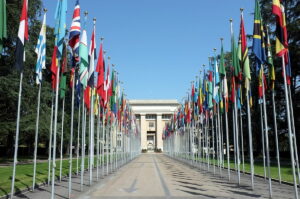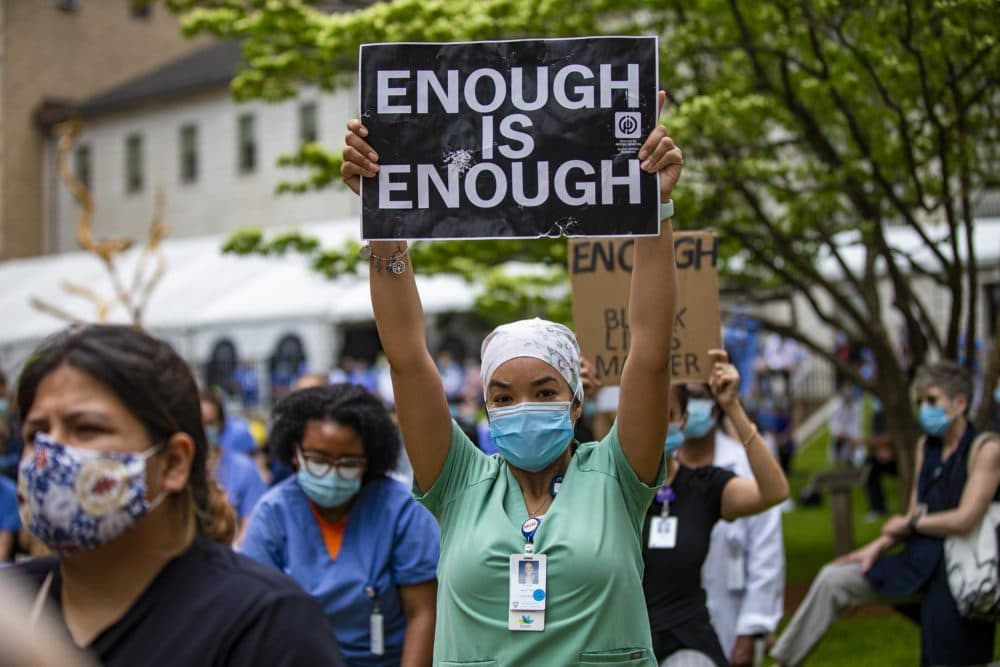Throughout history the world has seen numerous geopolitical events involving genocide, the systematic killing of one group based on differences in race, ethnicity, religion, etc. Some examples include
| Name | Year | Victims Killed |
| The Armenian genocide | 1915 – 1917 | 800,000 – 1,000,000 |
| The Cambodian genocide | 1975 – 1979 | 1,000,000 – 3,000,000 |
| The Holocaust | 1941 – 1945 | 4,000,000 – 7,000 000 |
| The Rwandan genocide | 1994 | 400,000 – 800,000 |
Other examples include the Indigenous genocide in America, the Aboriginal genocide in Australia, the Romani genocide in Germany, and the Greek genocide in Turkey. Throughout history, one group of people has tried to exterminate another group of people . . . by any means necessary. In the year 2024, one would assume that a world that had witnessed the horror of genocide would have learned how to spot it, intervene, and stop it. Disturbingly, that is not the case. Let’s take a few moments and use sociology to better understand genocide.

One group hating another doesn’t just happen randomly. It is built on a foundation of prejudice and discrimination. While often used interchangeably, these concepts are not the same. Prejudice involves a preconceived judgment or opinion of other people and races that leads to preferring one kind of person over another. On the other hand, discrimination is defined as unfair or differential treatment of individuals and groups based on race and ethnicity. In essence, prejudice is what you think about someone, and discrimination is the action you take against them. Without question, groups that commit genocide are operating based on a certain opinion of their victims and are acting against them.
If the two groups in question are equal in society, then the impact of prejudice and discrimination may be nullified. But rarely is genocide about equal groups. Typically, there is inequality with one side being part of the majority group that controls the economic, social, and political power and resources, and the other being part of the minority group, with significantly less economic, social, and political power and resources. Often the majority group exploits society’s minority group in what is called internal colonialism. This involves treating the minority group unfairly economically, politically, and socially. In short, forcing members of the minority group to live in conditions below what the majority group would want for their people.

Internal colonialism doesn’t just happen on a whim; institutional discrimination, the use of social institutions to deny minority group members access to the benefits of society, is required to make it happen. The majority group makes choices to ensure that its government and institutions discriminate against members of the minority group. This involves instituting laws to control such things as citizenship rights, employment access, freedom of movement, housing, land ownership, and voting rights. To reinforce the control of institutional discrimination, those in power typically resort to separating groups using apartheid, policies, regulations, and laws implemented by a government to keep racial and ethnic groups separate. For minority group members who live outside of the areas cordoned off for them, the majority group will force them to relocate in what is known as population transfer, the involuntary relocation of a minority group by a dominant group. This requires the victims to not just give up their homes and land but also their culture, heritage, traditions, and way of life.

It is important to remember that genocide isn’t just about issues of race, a socially constructed category of people based on real or perceived physical differences, or ethnicity, social and cultural characteristics that separate one group of people from another. It is about fearing diversity, different attributes of races and ethnicities. But in a globalized world, diversity is inevitable. Everyone should be treated fairly for what they bring to the table, not feared for what they may carry away from it. Given the long history of genocide around the world, we are left wondering not whether it will happen again but whether will we do anything about it.
Thompson is a co-owner of UITAC Publishing. UITAC’s mission is to provide high-quality, affordable, and socially responsible online course materials.
Images used in this blog:
- “German concentration camp, Auschwitz I” by xiquinhosilva is licensed under CC BY 2.0. This image has not been altered.
- “Nyamata Memorial Site, skulls” by Fanny Schertzer is licensed under CC BY-SA 3.0. This image has not been altered.
- “United Nations” by xlibber is licensed under CC BY 2.0. This image has not been altered.




